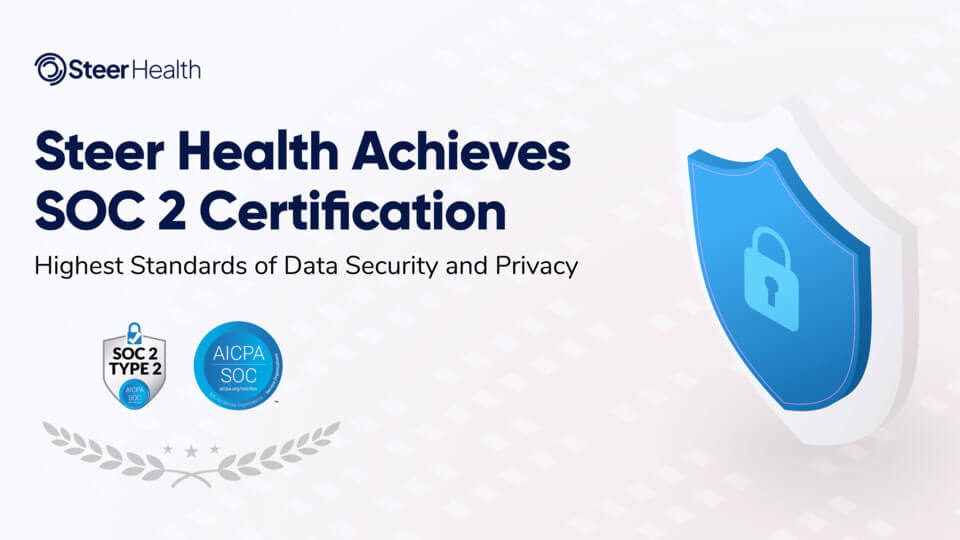In the fast-paced world of healthcare marketing, capturing the attention of potential patients and engaging them effectively is paramount. Leveraging the power of Chatbot GPT can significantly enhance your marketing efforts.
However, it’s essential to write precise and contextual prompts, while also ensuring that the information provided is accurate and in line with ethical guidelines.
In this blog post, we will explore how to create effective marketing prompts in healthcare with Chatbot GPT, while emphasizing the importance of maintaining informational accuracy and avoiding specific health advice.
1. Precision is Key
Try to be as specific as possible when writing prompts. Writing vague ChatGPT prompts is likely to generate generalized and not actionable responses. For instance, when asking questions be precise but also specific.
Bad prompt: Generate some email ideas for engaging patients.
Better prompt: What are some effective ways to increase patient engagement and invite patients to visit your orthopedic praxis in the upcoming months?
2. Context Matters
Context refers to conditions within which a particular event, situation, or entity exists or occurs. In addition, context can also include other details such as time, language, and tone. Providing context enables ChatGPT to generate more relevant and accurate responses.
Bad prompt: What are marketing strategies for clinics?
Better prompt: What are marketing strategies for 200-400 bed hospital urgent care clinics in the US in 2023?
3. Verify Information
While GPT is a powerful language model, it’s essential to double-check the information provided in your prompts. Inaccurate details can lead to misunderstandings and erode trust in your healthcare organization. Always ensure that the facts and data presented are up-to-date and reliable.
Example: If your prompt includes statistics or medical research findings, verify the sources and dates to avoid sharing outdated or incorrect information.
4. Avoid Specific Health Advice
Although Chatbot GPT is capable of generating responses based on patterns in data, it should not be used to provide personalized medical advice. Healthcare decisions should always be made by qualified professionals based on individual patient assessments.
Example: Instead of asking GPT for advice on a specific medical condition like “What treatment should I take for my back pain?” it’s better to encourage users to seek a consultation with a healthcare expert for personalized guidance.
5. Give Examples
Giving an example acts as an outline for ChatGPT to follow. If you have a desired output that you’d wish ChatGPT to reproduce, then include that as an example when writing your marketing prompts.
Bad prompt: Write me an article.
Better prompt:
“<Example of the article for website on new vaccine>.”
Write an article similar to the one above about the New COVID vaccine and who should come in for vaccination.
Integrating Chatbot GPT into your healthcare marketing strategy can be a game-changer, allowing for personalized and engaging interactions with potential patients. To ensure effectiveness and adherence to ethical standards, write precise and contextual prompts, verify information accuracy, and avoid using GPT for specific health advice. By embracing GPT’s capabilities responsibly, you can build trust with your audience, provide valuable educational content, and foster lasting relationships that contribute to the success of your healthcare organization.










